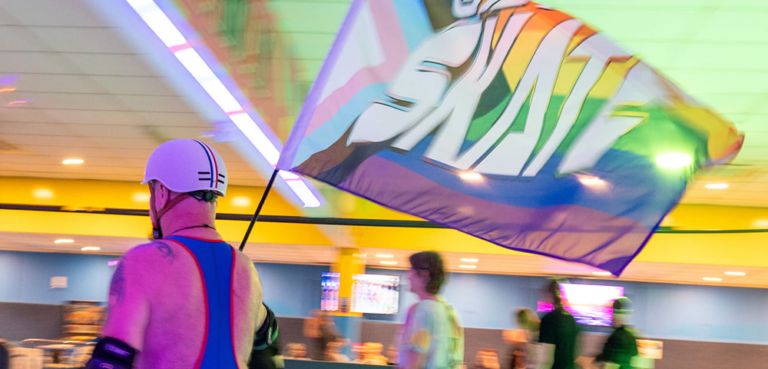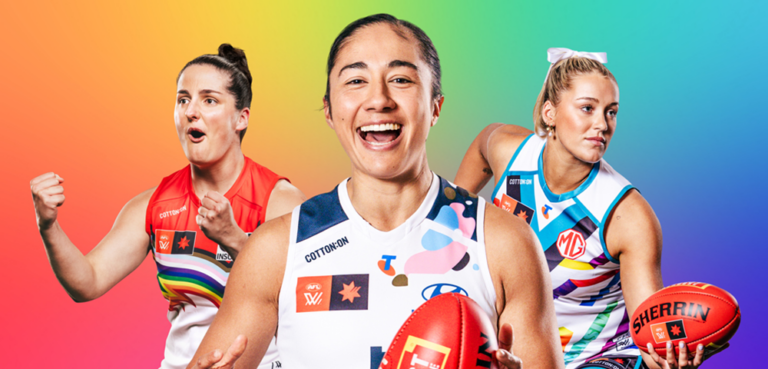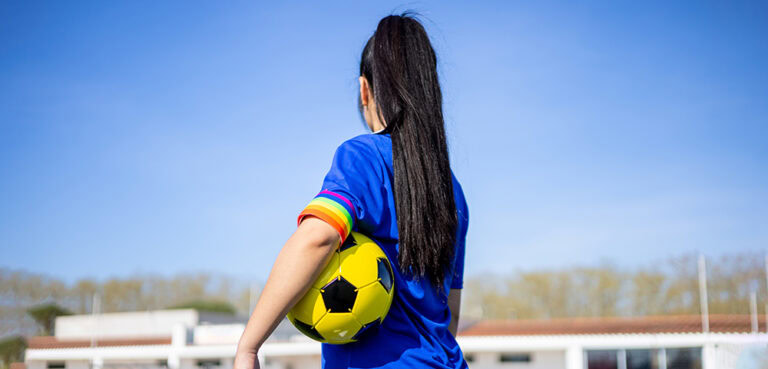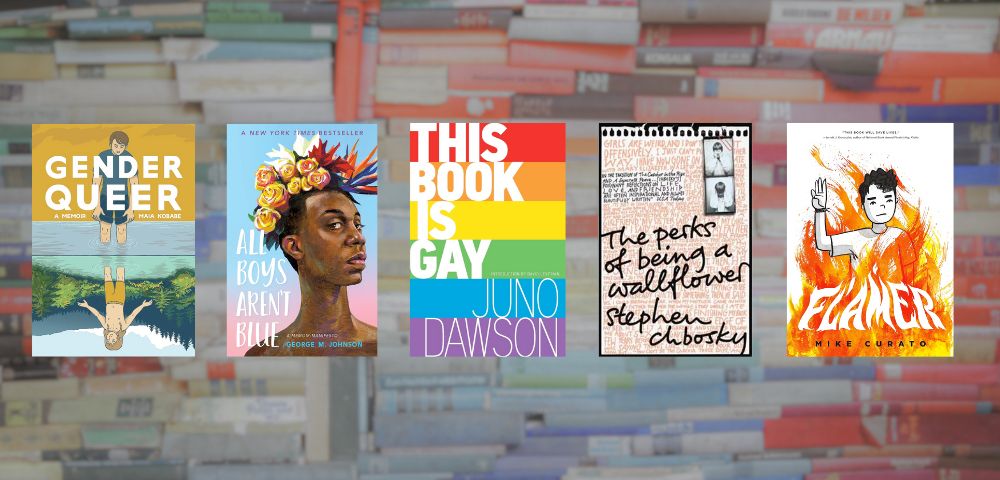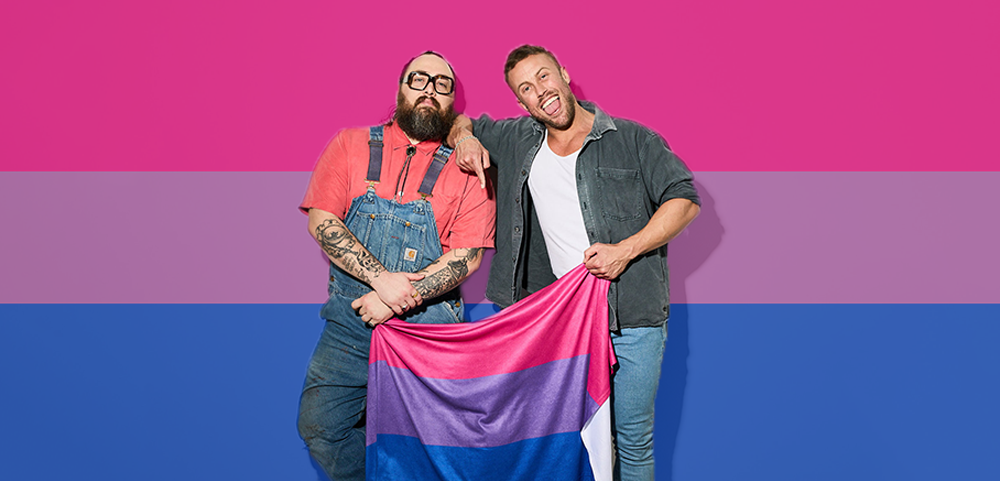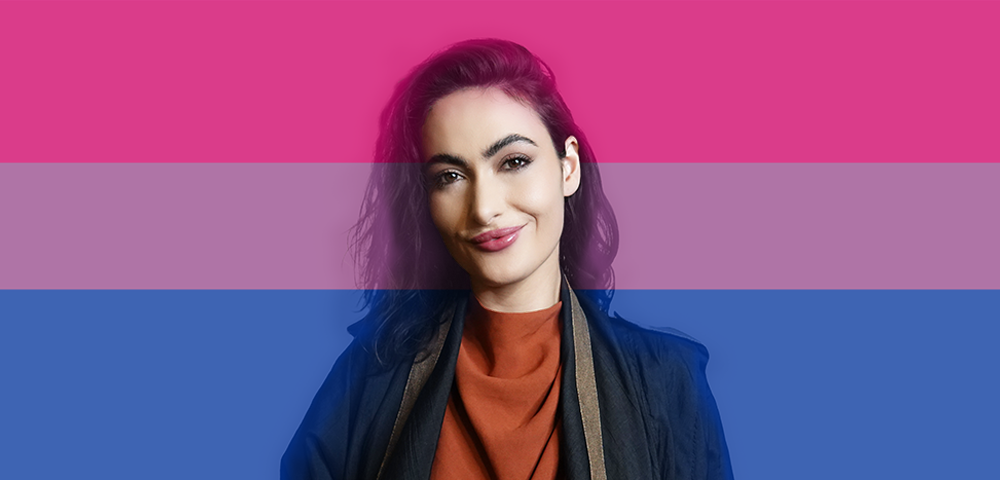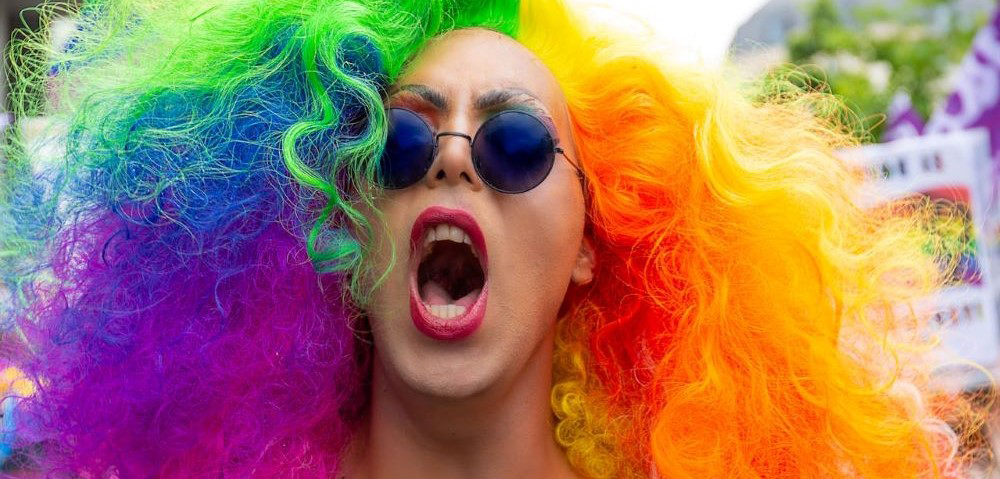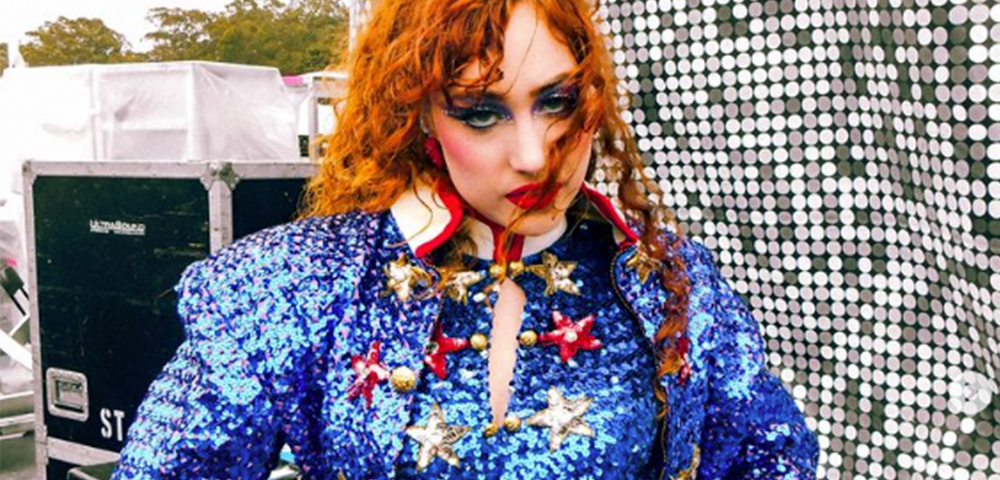
Why queer Asian men often date white guys
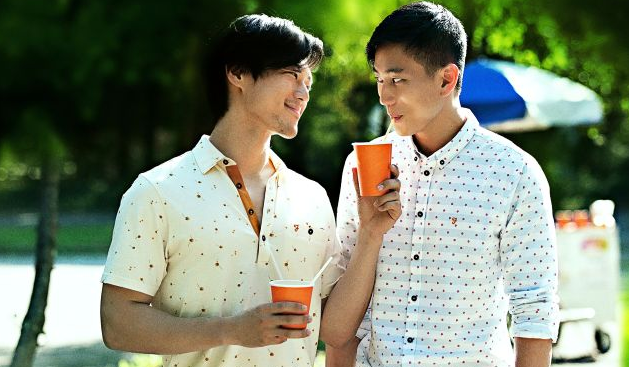
GROWING up as a queer Asian person in Australia can be a unique and tiring ordeal.
Trying to figure out which culture you belong to as well as dealing with potential racism is a commonly shared experience.
Edison Chen aims to flesh out the intricacies and influences that exist within this cultural mesh.
“Kiss more Asians,” Ray Yeung joked at the Mardi Gras Film Festival Q&A for his movie Front Cover – a Chinese love drama.
In attendance was an audience compromised of mostly gay Asian men and we all silently acknowledged each other’s collective experiences as some chuckled at this comment.
The underlying sentiments behind these words were all understood like a piece of ironic fashion though.
We all knew because of our shared cultural background that we all took part on a similar journey of sexual racism.
When asked about his reasons for making the movie, Ray answered that he noticed a lack of gay Asian men who were interested in other gay Asian men in western countries.
In one scene in the movie, a young Caucasian man eyes and approaches the main character Ryan as he and his love interest Ning dance in a nightclub.
Suddenly, the stranger starts to kiss Ryan’s neck and in that particular moment you enter the same space as we imagine ourselves in Ryan’s place of who to pursue. Does Ryan reciprocate the young handsome white man’s affection or keep his attention on his new friend whose cultural similarities helped bring them together?
In a bigger sense, I think this imaginary situation touches something deeper and real in a lot of us. Ryan is a character who embodies the first-generation story of an Asian person born into Western society. Reflected in the fragments of his personality are echoes of Asian gay men who live in Western countries. People whose everyday lives becomes a negotiated and cultural amalgamation of Asian, Western and queer identities.
Do we belong to either western or eastern culture? Are our desires influenced by our struggle for identity? And what commonalities lie within our collective psychological experiences?
The tension of east and west and some of its complexities are especially exhibited in our dating scene. In popular gay Asian colloquialism, there lies the cultural notion that desires revolve around two specific racial choices – rice or potato?
This divide seemed commonplace, even manifesting itself within a speed dating event in Sydney. At this event, there were separate GAM (gay Asian male) 4 GAM and GAM 4 GWM (gay white male) sessions planned out for prospective singles to choose from.
I went along to the GAM 4 GAM dating event to see if I could discover anything significantly relevant to cultural perceptions. At the event, we were given 12 dates at five minutes each and no one was allowed to talk about work.
Interestingly a lot of the people I came across were open to everyone in terms of race when I asked them. ‘How do you know what you like until you sample all the flavours?’ philosophised an exuberant Micheal. I wanted to pry even further though, so I inquired if there were any patterns or differences in their dating experiences when it came to dating either white or Asian men.
Three people separately mentioned smell which I guess is fair. A guy called Don told me he felt more comfortable with Asian guys since more of them wanted something similar (in terms of a relationship), while Caucasian men were either interested in a hookup or seemed much older than him. Another person, Jason agreed with this and said that he preferred Asian men because they were similar in their traditions.
Jason also felt that other Asian men were culturally more family orientated and more open to monogamy and dating, whereas western guys appeared to be focused on sex. Eric, another person in the same conversation mentioned that he’s had contradictory experiences.
As someone who was born in Australia, Eric expressed a preference for western-cultured people.
When I brought up the topic of gay Asian men who were only interested in pursuing white men, Jason felt as though it’s a form of ‘self- hate’ to which Micheal agreed.
“It’s disappointing that people … find Asian people lesser than white guys,” he said.
Eric said that it feels like a type of betrayal.
As Eric continued to talk, he revealed how he became more comfortable with his cultural heritage growing up. It was during that process he became more open to dating other Asian men.
Jason also recalled a similar experience. He believes some Asian men go through a journey where they discover themselves in life, and then are ready to date other Asians.
Researcher Senthorun Raj has written essays in which he argues through Professor Ghassan Hage that ‘whiteness’ is expressed and received as more of a cultural capital than someone’s ethnicity.
In an Australian context, it is a ‘yearning’ for ‘national belonging’ that only exists with the ‘existence of a racial ‘Other’, and can be rewarded with ‘social mobility’ or a sense of ‘citizenship’.
Through another scholar Alan Han, Senthorun makes the obvious point that this capital seen as whiteness is associated through being ‘white’ (having a Caucasian or European body.) In a sense, being able to attain this whiteness (even through association through others) marks a sense that we belong to this sort of class.
Senthorun also wrote of being able to perform internal ‘whiteness’ which people are able to use in order to belong. Often first generation-people from other countries are called some type of food, ‘banana’ or ‘coconut’ to literally represent their internal whiteness.
Senthorun shared a personal Grindr experience where someone told him that he’s ‘nothing like expected’ because of his lack of accent, and so he isn’t ‘really Indian after all’.
Michael, a friend from the speed dating event said that he prefers to meet people in person because there’s a better chance for a personal connection. What he expressed seems to also suggest that if we have a chance to show how non-stereotypical we are, we then can prove how ‘white’ we are on the inside.
Growing up as an Asian person in Australia can also be a disorientating experience be- cause of the bodies that surround us. There may be points in our lives where we don’t recognise our Asian features because they are so disassociated to the ones in popular media. We might personally wish that we had blue eyes and blond hair so we fit in to the represented ideal or normal person.
And in addition to our sense of selves, our skewed ideals of romance are constructed through the same lens.
It doesn’t seem to be a coincidence then that in a media landscape of white faces, that whiteness can be seen as a cultural capital if its stereotypes are expressed as mostly positive (heroic love interests) and diverse. On the contrary, if our experiences of Asian, or othered coloured men are reduced to shallow stereotypes, then how are we expected to believe in or love them?
It’s difficult then to try and break out of the fantasies we are given, and to turn away from the acceptance we desire for in the ‘whiteness’ that dominates both queer and Australian communities. Looking back, it’s why I admired the political undertone that the guys in the speed dating were able to exhibit in their ability to love their own culture. In our journey for belonging, maybe awareness is the first step that we should take collectively to accept all the parts that come together to make us who we are.
